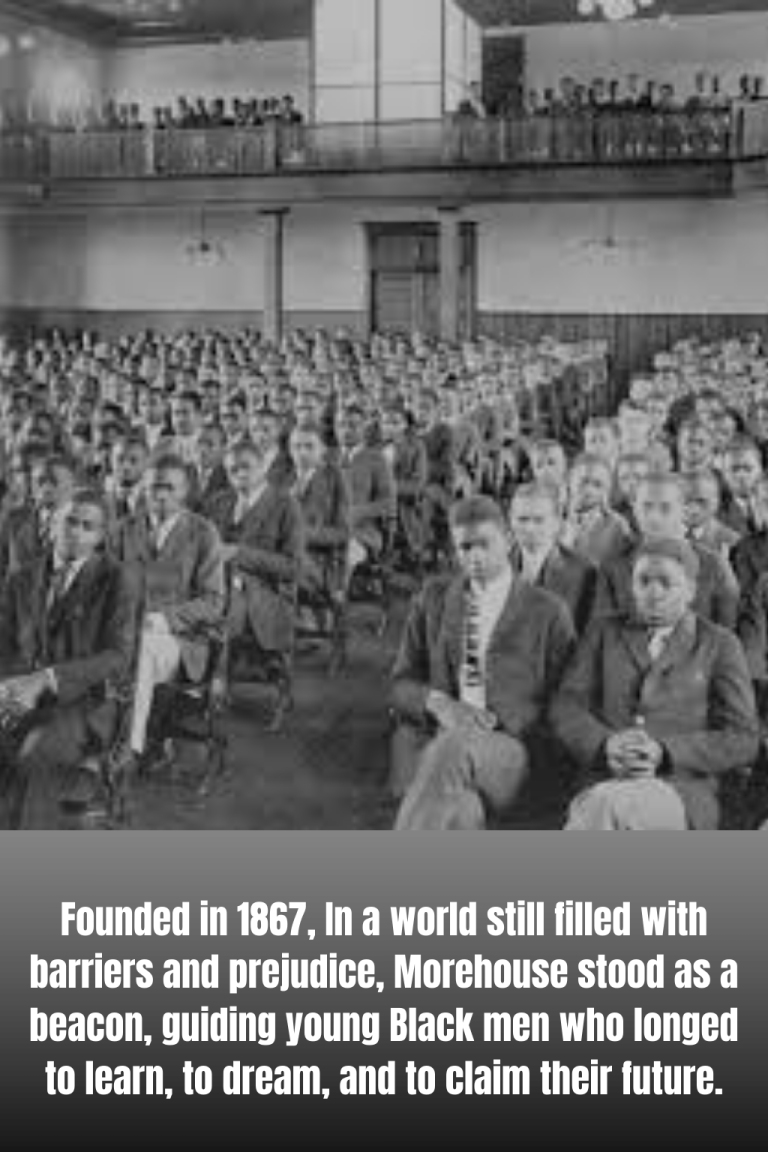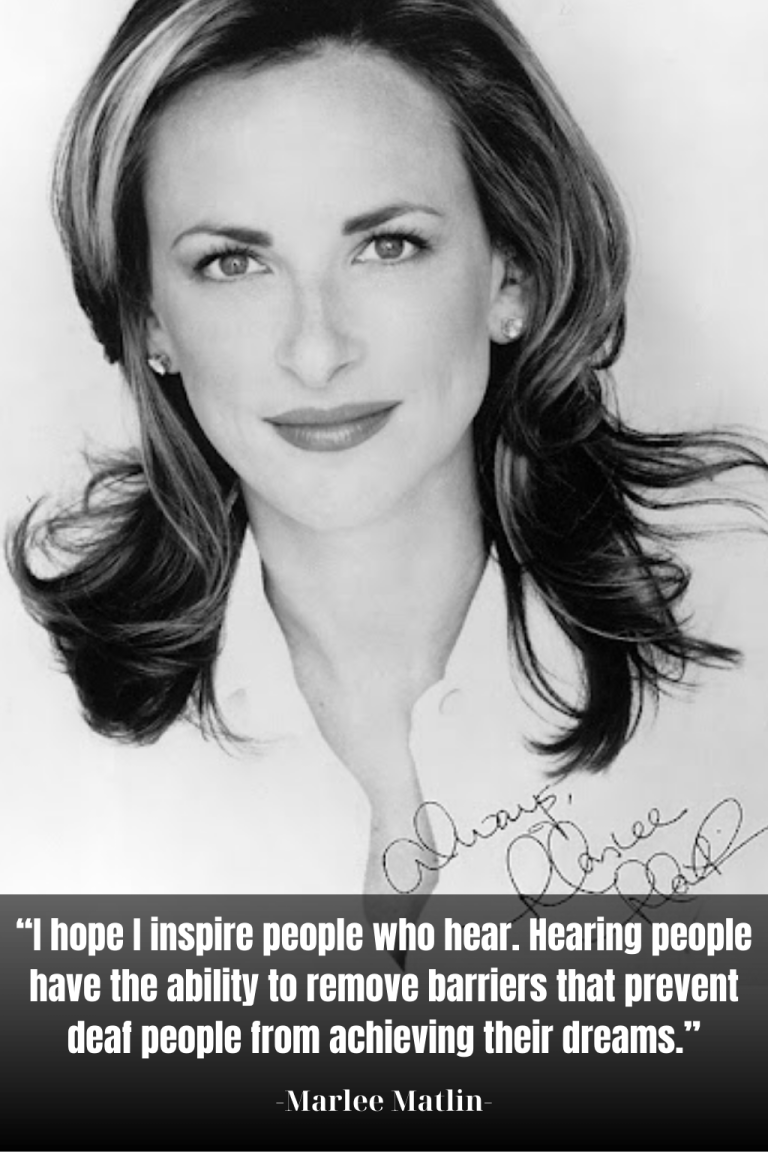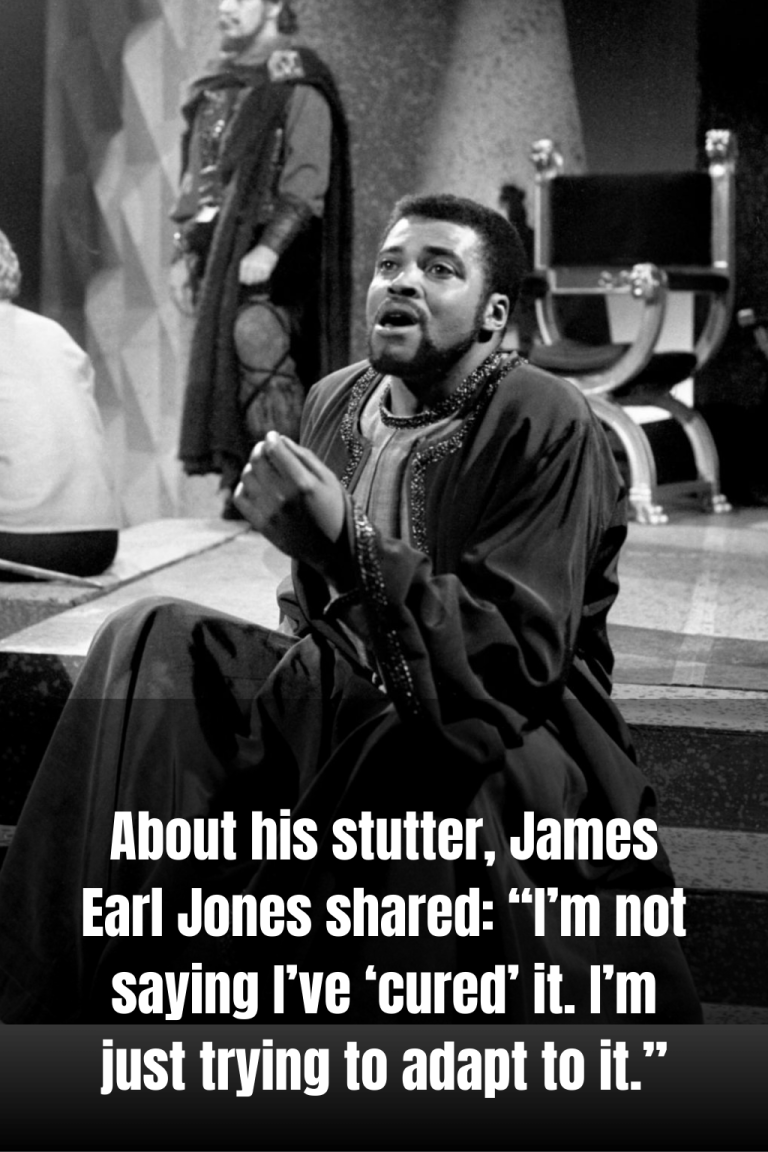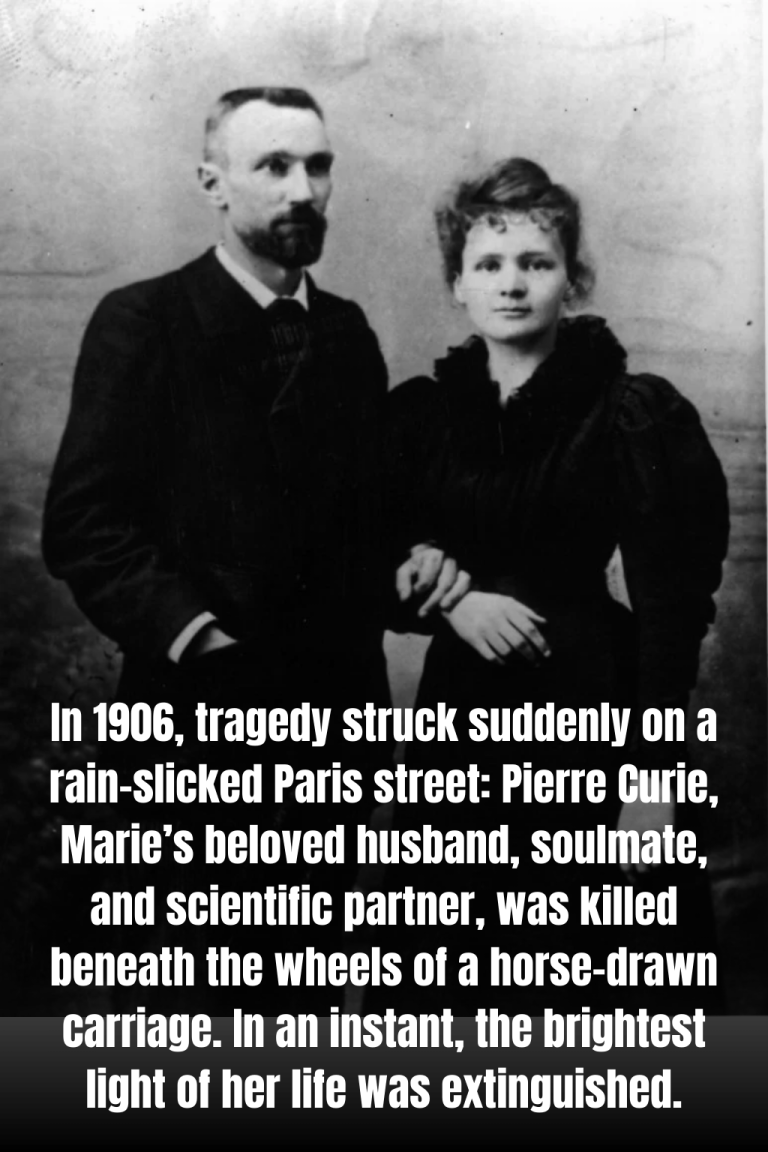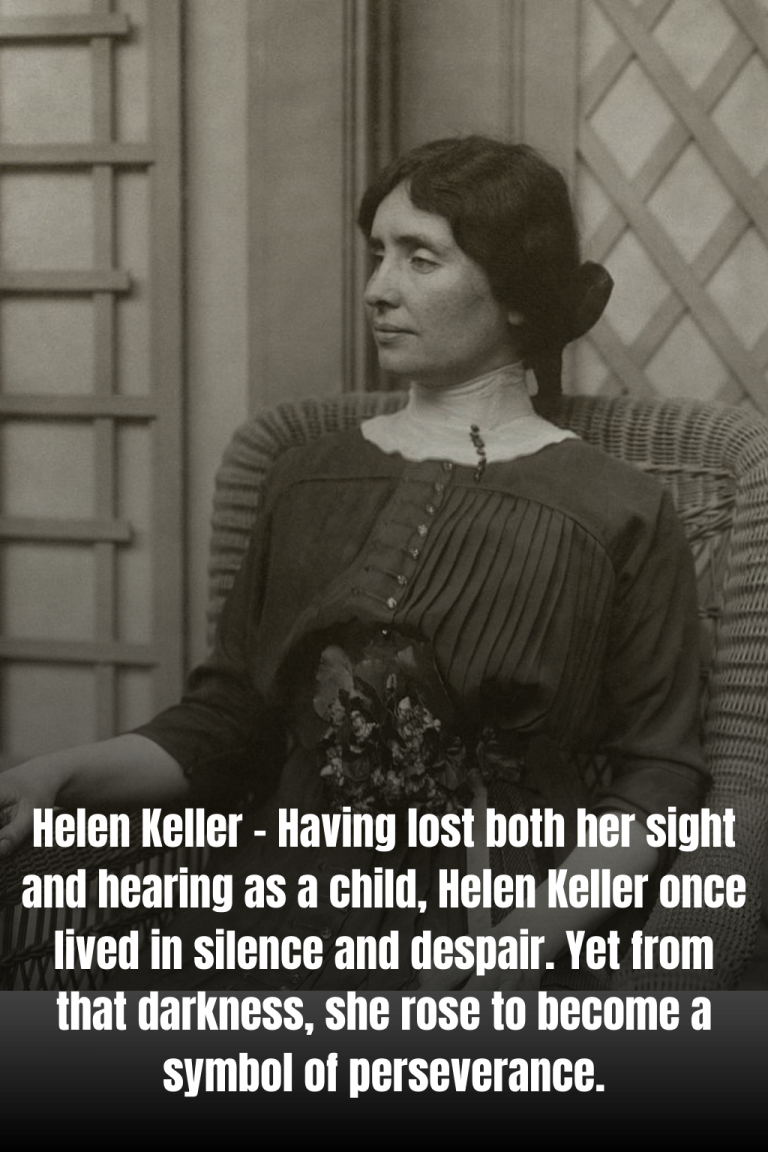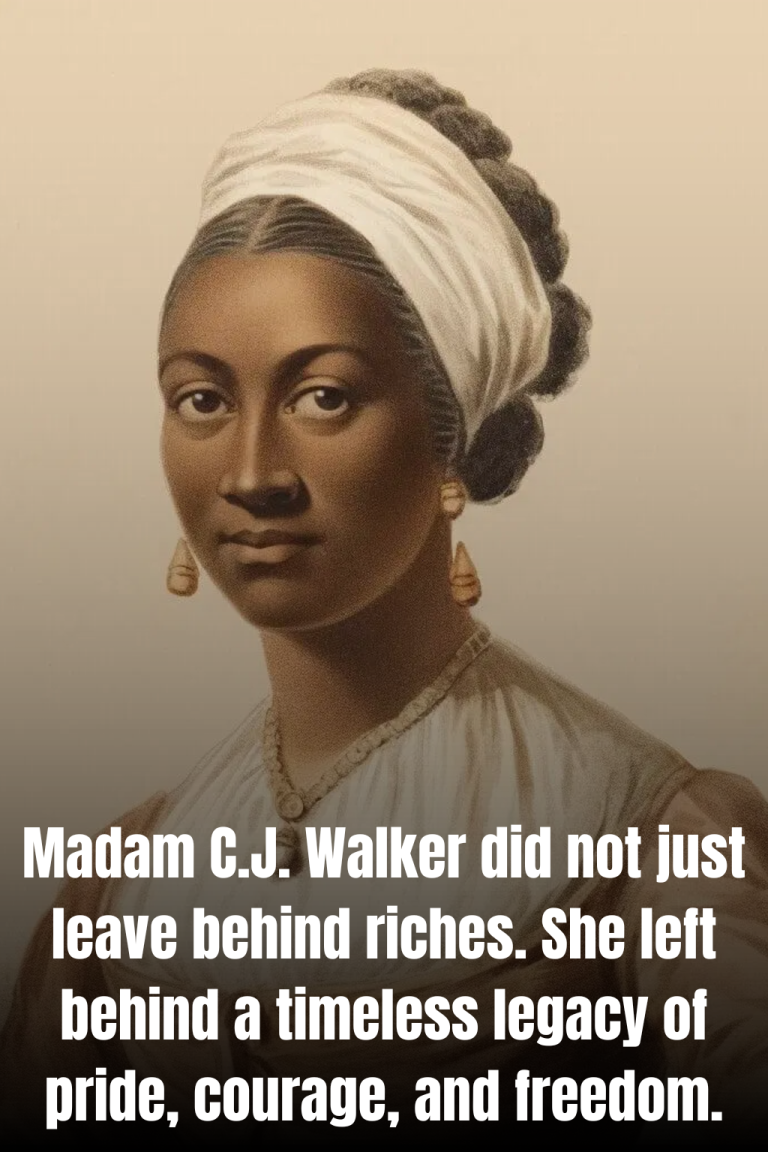The Child Without a Mother and the Melody of Hope
Under the yellow glow of the delivery room, I cried my very first cry among adults who were all there—except for one. Later, whenever Dad told the story, he always stopped at that exact point, lips pressed tight as if saying one more word would spill his sorrow all over the floor. He said it had been raining that day, the air cold, the smell of disinfectant stinging. I was small, red, kicking with surprising strength—so much that the nurse laughed. But within that thin laughter, there was a void. A void with the name “Mother.”
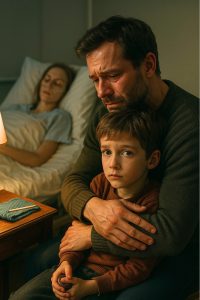
I grew up with Dad and with the things I had lost before I could even name them. Our small house sat at the end of an alley, cramped but full of the ticking sounds of tools and clocks. Dad was a watch repairman; our home smelled of oil, warm metal, and sun-dried leather straps. Every noon, the rice shop at the alley’s entrance played old bolero songs. The singer’s husky voice—I imagined it was my mother’s, reshaping every lyric into a lullaby I never had. That, perhaps, was my first lesson: how to fill emptiness with imagination.
My name is Aiden. Dad said my mother had chosen it before I was born. “Aiden means a little flame,” he told me. “Your mother wanted you to stay warm, even if life turned cold.” Whenever I heard that, an image rose in my mind: a thin matchstick, each spark a rebellion against the dark.
When I turned six, I began asking the questions adults always avoided. “Why isn’t Mom here?” “Does she know I can run faster than anyone in class?” “Would she like green, like I do?” Dad answered with slow strokes of his hand through my hair. And each time, he would pull a small wooden box from his drawer. Inside were: a half-finished teal scarf my mother had been knitting, a birthday card Dad had once given her, and a folded piece of paper yellowed with time. I once tried to unfold it, but Dad shook his head: “Later, son.” I never knew when “later” would be.
At school, no one was cruel, just curious in the way children are. “You only have a dad?” “Your mom lives far away?” “Where’s your mom?” That question was like a stone thrown down a dry well—falling endlessly, never hitting bottom. I learned to laugh it off, to deflect with stories about Dad’s skill repairing watches, how he could resurrect silence into ticking again. But whenever a classmate boasted about a cake their mother baked, the smell of butter and vanilla made me want to run out into the sun, stand there until the smell faded.
The first time I “met” my mother was in a dream. She stood beside Dad’s workbench, holding a pocket watch. I couldn’t see her face, only the hem of her ocean-blue blouse and her hands, clumsy with sewing-thread scars. She didn’t speak. She only nodded at me, as if to say: “I’m here, in another way.” The next morning, I told Dad. He was silent for a long time, then said: “Maybe she came by.” He draped the half-finished scarf over my head and laughed: “Look at you, like a little ginger root.” For the first time, our laughter wasn’t thin as paper.
I grew up learning “lessons of absence.” Without a mother’s hands, I learned to tie my shoes by watching old videos on the shopkeeper’s phone. Without a mother’s voice soothing me, I whispered to myself whenever I feared the dark: “You are Aiden, the little flame.” Without a mother’s cooking, I learned to measure salt by licking the tip of the spoon, learned that rice burns if you talk too long while waiting for it to boil. Everything came slower, clumsier—but maybe because of that, I remembered better.
At ten, I met Ms. Clara, the new music teacher. She didn’t ask, “Where’s your mom?” She didn’t look at me with pity. She simply handed me a small flute and said: “Play this, Aiden. When one part is missing, add another. The song will still be whole.” Her words stuck to me like tape. Every afternoon, I sat on the porch, blowing out simple notes. Dad said my flute sounded like wind through cracks in the door—gentle, patient. I thought: if Mom could hear it, she would smile.
At eleven, I wrote my first letter to “a person without an address.” I wrote to Mom. “Dear Mom, today I got a perfect score in Math. I hate Spelling class because the teacher makes me rewrite every mistake mark. How unfair that a boy named Aiden should be judged by accents he can’t even control.” I folded the letter, put it in a glass bottle I’d found in an empty lot. I placed it on the window ledge, not in a river like in adventure movies—our alley had no river. Dad peeked at it, then awkwardly bought me a stack of sticky notes. “Write more, son. Ink is light.” I laughed, and every week, the bottle grew heavier with letters.
At thirteen, I fought for the first time. A boy called me “the kid with no mom.” I don’t remember lunging forward, only sitting in the principal’s office afterward with a torn shirt and a swollen lip. Dad came, looked at me, sighed but didn’t scold. At home, he poured warm water into a basin and handed me a towel. “They throw sand in your eyes because their eyes are sandy too,” he said calmly. “Wash yours first.” That night, he took the wooden box down from the cupboard. His fingers trembled on the lid. “It’s time,” he whispered.
The yellowed paper unfolded like an old wound. The handwriting leaned sideways, uneven but careful, like each word was written on a held breath:
“To my son Aiden. If you are reading this, I may no longer be beside you. People say to put faith in the flame inside you. I believe it. Your father listens to time with his hands and ears; you will learn to listen to silence. Don’t be afraid. When you are cold, wear the scarf I knit. When you are sad, play the flute. When you are lonely, listen to the ticking—it sounds just like your mother’s heart.”
At the bottom, a clumsy heart drawn in ink. I pressed the paper to my chest, and suddenly every ticking clock in our house turned into a lullaby.
After that, I stopped wanting to fight. I became competitive in another way: trying harder, studying longer. Ms. Clara picked me for the school’s ensemble. On the first day of ninth grade, I stood on stage, playing Amazing Grace on my old flute. I swear I saw a hem of ocean-blue fabric in the last row, nodding to the beat.
Life felt stable until I turned fifteen. That’s when Dad got sick. At first, just coughing. Then days of exhaustion. He still smiled, still said “I’m fine,” still fixed watches, but his hands shook more and more. I worked part-time at a café to help with medicine costs. Sometimes, I hated the ticking—like someone whispering: time is leaking away.
One rainy night, Dad called me over. He pulled the wooden box close, set his hand on the lid as if it were my forehead. “Aiden, I might not walk with you as long as I’d like. But you’re not alone. There are many like us. Some without mothers, some without fathers, some without either. If one day you’re strong enough, gather them. Sit together. Play a song for each other.” I tried to sound tough: “What song?” He thought for a moment. “One with long silences. So some can cry, some can laugh.”
I called the group The Warm Hands. At first, just three of us: me, Mira (whose mother died of illness), and Leo (whose mother left when he was four months old). We met every Saturday in the school’s old music room. Each of us brought something: Mira brought a shirt with her mother’s fruit-shampoo scent, Leo brought a picture book with his mother’s handwriting on the first page, I brought the unfinished scarf. We told each other the small stories no one else wanted: the first time buying pads for a little sister without knowing which kind; the first time placing flowers on a grave; the first time hearing our own voices shake saying the word “Mom” aloud.
Ms. Clara eventually found out. She asked the school to let us officially use the music room, even added a kettle and mint tea bags. “Tea helps with deep breaths,” she said.
Word spread faster than I expected. Younger kids came, older teens, even working adults. One girl named Elly brought her five-year-old brother, shy at the door. “Can we… just listen?” she asked. I nodded, and her brother darted straight to the organ in the corner, banging the keys with his little fingers.
I realized something strange: we didn’t need advice, nor pity. We needed a place where unhealed stories could be told. A place to hear each other and not feel wrong. Sometimes parents came to me afterward: “My kid is sensitive—please take care of them.” I smiled: “I only pour warm water. Everyone drinks it themselves.”
Dad passed away in the winter of my seventeenth year. He left on a late afternoon smelling of lemons and medicine, the sky darkening too soon. I sat beside him, listening to the ticking stop. That silence roared. The funeral was small. Mira, Leo, Elly, Ms. Clara came. She held my hand a long time. “Aiden,” she said, “silence is part of music. Don’t hate it.”
For a while, I thought I had lost both parents. Even mint tea was hard to swallow. But when I felt weakest, the little arms of The Warm Hands pulled me up. Leo came to change lightbulbs. Mira cooked porridge, blowing each spoonful as if for a baby. Elly slipped me a note: “Today we’ll pour your tea. You just sit.”
I remembered Dad’s words. I picked up my flute and played a song with many pauses. To my surprise, it didn’t sound like wind through cracks anymore. It sounded like footsteps across wooden stairs. And in every silence, I heard my mother’s voice again: “When you are cold, wear the scarf. When you are sad, play the flute. When you are lonely, listen to the ticking.”
At university, I studied social work. By day I went to classes; by night I returned to the music room, opening doors for whoever needed a seat. We renamed it The House of Warm Hands. No walls—just chairs, instruments, a kettle. A charity donated bookshelves. A hospital invited us to read stories to premature infants. I sat before an incubator and told the tale of a little flame named Aiden. The tiny chest inside the glass rose and fell more evenly.
When I met June, a baby abandoned at a temple gate, I was as awkward as when I was six, asked: “Where’s your mom?” She was ten months old, eyes black and bright. I held out a finger; she grasped it. A reflex so small, yet it lit my heart. “Hi June,” I whispered. “I’m Aiden. I know how to keep warm.”
We did ordinary things: changed diapers, mixed milk, read books, played peekaboo. Yet inside these simple acts lay a quiet miracle. The moment a baby stopped crying when held. The second a baby babbled “ma” because my lips shaped it. The instant a baby laughed at flute notes, not knowing why, only that they must.
I never searched for my mother like a drama character reuniting at last in tears. I never tried to replace others’ missing pieces. I only followed her words: “Listen to silence.” And in silence, I learned to hear June’s breath, the smacking of a baby feeding, the tiny sigh of a child asleep. I listened even to myself: “I’m tired.” “I need help.” “I’m okay now.”
One Sunday, The House of Warm Hands overflowed. We borrowed the school’s hall. Some came to sit quietly. Some to cry. Some to tell stories. Some to fold paper airplanes with children. From the stage, I saw countless hands clasped together. I played Amazing Grace again, this time not just for me. Afterward, a boy named Kai—twelve years old, buzz cut, baggy shirt—waited by the door. He spoke fast, as if slowing down would unleash tears: “Aiden, they call me a boy with no mom. But I don’t want to be ‘without’ anymore. I want to ‘have.’ Can I have something here?” I put my hand on his shoulder. “Here, you can ‘have’ time, ‘have’ a seat, ‘have’ someone to listen. And if you want, you can ‘have’ the chance to pour tea for the next person.” That night, I opened the wooden box. The old birthday card. The scarf. The letter. I wrote to Mom: “Today, our house grew. You told me to hear silence. I heard it—the voices of children like me, like June, like Kai. We are not scarce. We only need hands to hold.” I slipped the letter into the bottle, set it on the window ledge like ten years ago. Outside, no rain. Just wind, soft. The ticking of clocks, steady. Someone once asked me: “Aiden, do you still feel like you ‘don’t have a mom’?” I thought a while. “Of course. Sometimes the absence comes like a wave. But now, when the wave comes, I don’t drown—because the shore isn’t empty anymore.” The night before my nineteenth birthday, I dreamed of Mom again. This time I saw her face. Not movie-beautiful—wrinkles at her eyes, a crooked smile. She set her hand on my shoulder, light as a leaf. “You’ve done well,” she said. “Don’t let others teach you to hate what you lack. Let what you lack teach you to love what you have.” I woke with tears wetting my pillow—but my heart light, like fitting the final missing piece of a puzzle. The next morning, I carried the bottle downstairs. I no longer needed the window ledge. I opened it, read my last letter aloud, then folded it back. I knew these letters would never reach Mom physically. But they had already reached the future me. They had reached the children who would someday sit in our House, on some rainy afternoon, and hear ticking without fear. I played my flute for June. Elly’s brother ran circles around the chairs. Children’s laughter filled the old hall until it seemed anyone above could hear: a song is being played. A song not perfect—ragged, uneven, with slips and pauses. But kept alive by many hands. A song with a small flame burning at its center. I pressed my hand to my chest, listening to my heart. In the silence between beats, I heard my mother—or maybe only imagination. I didn’t care to decide anymore. Looking up at the sky, dry and clear, I thought: if fate is the one who blows out candles, then we—the children born without mothers—are the fingers shielding the flame, keeping it alive.
And when someone asks: “How do you live with a void?” I’ll answer: “By filling it—with music, with mint tea, with warm hands, and by never letting go of each other.”
